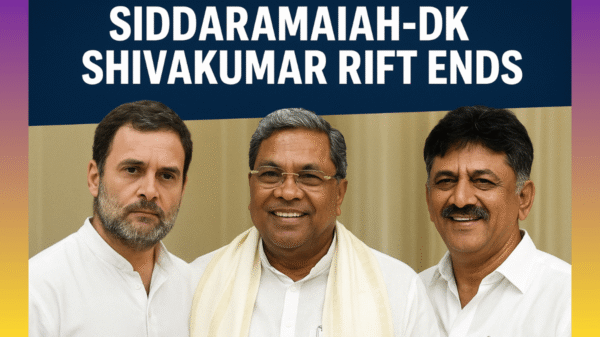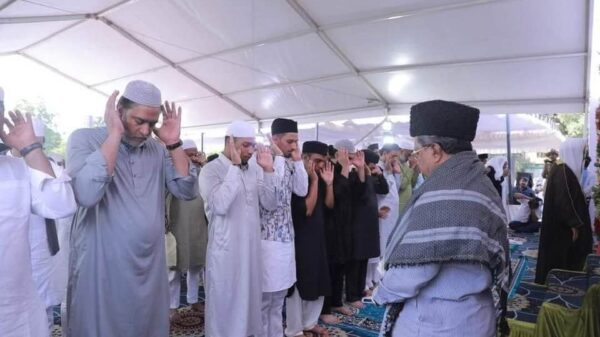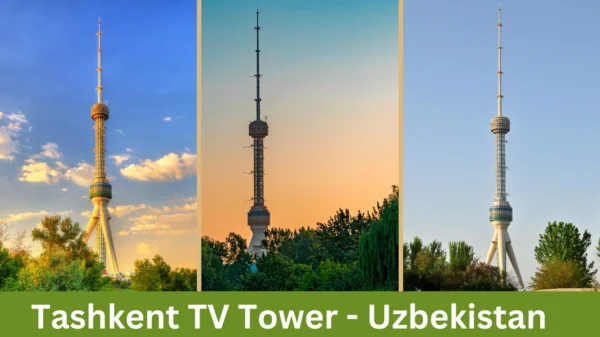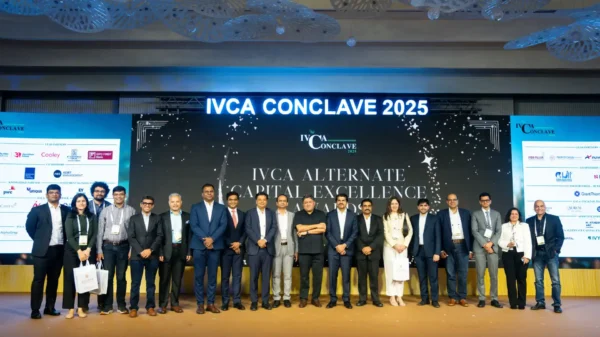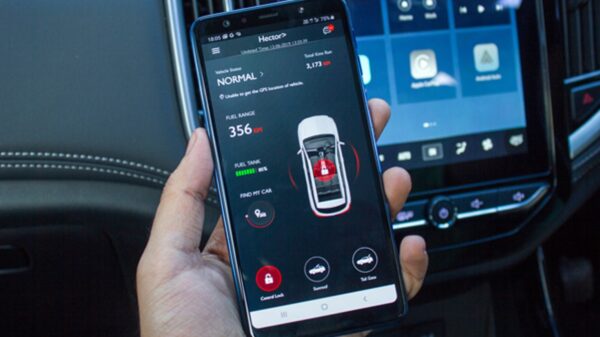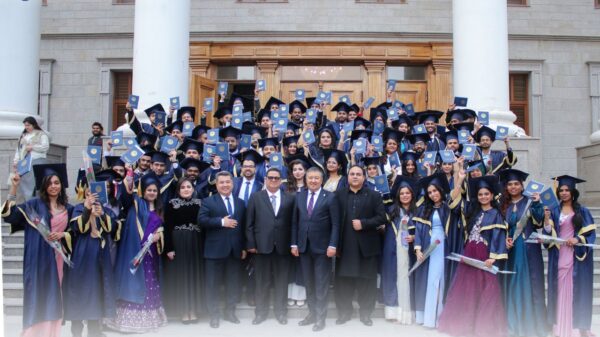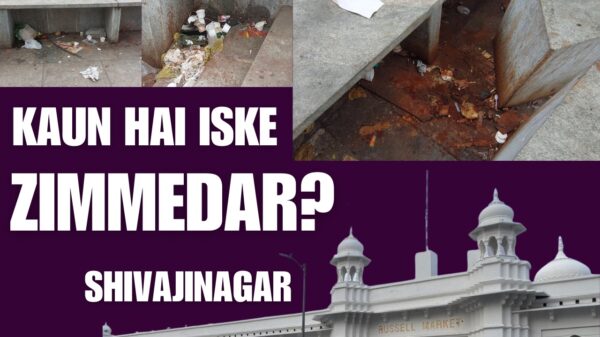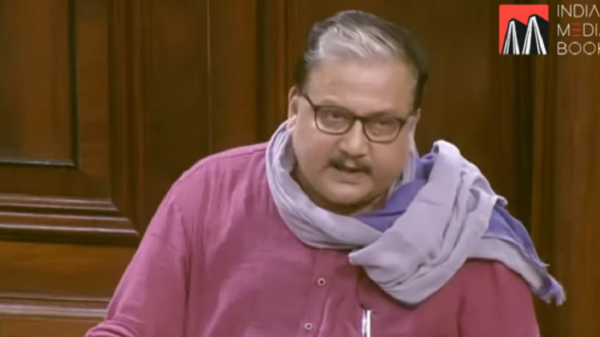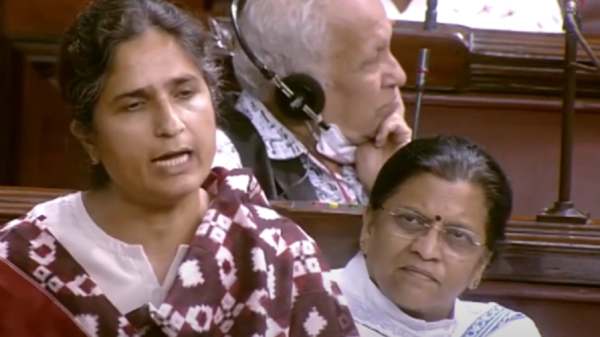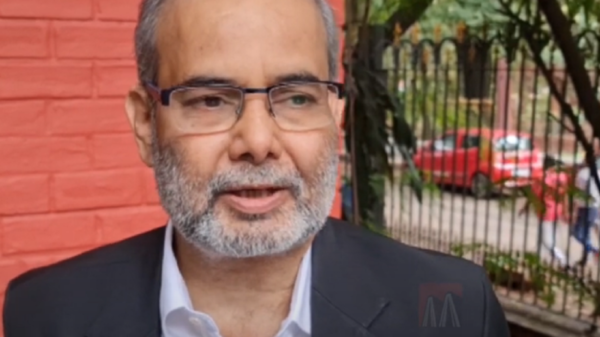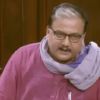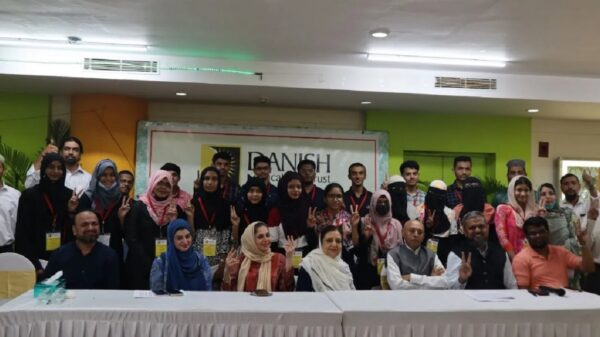The Supreme Court has reserved till Wednesday its order on petitions filed by 15 rebel MLAs of the Congress and JD-S in Karnataka seeking directions to the Assembly Speaker to accept their resignations.
During the day-long arguments on Tuesday, the parties involved pointed out to a bench, headed by Chief Justice Ranjan Gogoi, the implications of the ongoing political crisis in Karnataka on the state as well as elsewhere, and also questioned the apex court’s jurisdiction power to entertain the rebel MLAs’ petition.
Hearing rebel MLAs counsel senior advocate Mukul Rohatgi, the bench said: “We cannot say, in which way, the Speaker should decide the resignation or disqualification of MLAs. We cannot fetter him. Although, the important question is, is there any constitutional obligation for the Speaker to decide upon the resignations before the disqualification of the MLA or to club his decisions on both?”
The bench asked counsel Abhishek Manu Singhvi what stopped Speaker K.R. Ramesh Kumar from deciding on whether to accept or reject the resignations tendered by the MLAs on July 6.
“You were silent on the resignations till the MLAs came to the Supreme Court. Why? If you have decided on the resignations, then where is the scope for disqualification?” the Chief Justice asked Singvhi.
Singhvi replied that the Speaker had filed an affidavit in the apex court explaining what had happened.
Asked why wasn’t a decision taken when the MLAs went to the Speaker with their resignations, Singhvi said it was a written communication, and the Speaker was not available on that day. “But the decision was communicated to him on July 6,” the court added.
Singhvi argued that the first condition of a genuine resignation tendered by an MLA was that “he has to be personally present before the Speaker” and added that the MLAs first met the Speaker on July 11.
Reacting sharply to the argument, the court said that the provision did not negate resigning by letter, but if the MLAs did make a personal visit to the Speaker then he was expected to decide on their resignations immediately. “Why didn’t it happen on July 11?” the bench further queried.
Asking if the Speaker was challenging the Supreme Court’s jurisdiction power, the Chief Justice said: “For your benefit, the court had ordered a floor test (referring to the last year’s floor test) and appointed a Protem Speaker in a midnight hearing. The exercise of jurisdiction of our power depends only on self-restraint.”
Singhvi said the Speaker was in no way questioning the court’s jurisdiction and added: “Suppose a Speaker goes crazy, then Your Lordships can intervene.”
The Chief Justice also heard senior advocate Rajeev Dhavan, who was representing Karnataka Chief Minister H.D. Kumaraswamy, and questioned the veracity of the petition filed by the rebel MLAs.
Asking the Supreme Court to have looked at the notice behind the petition, Dhawan said: “The court should have not entertained this petition,” he said.
(IANS)


